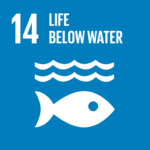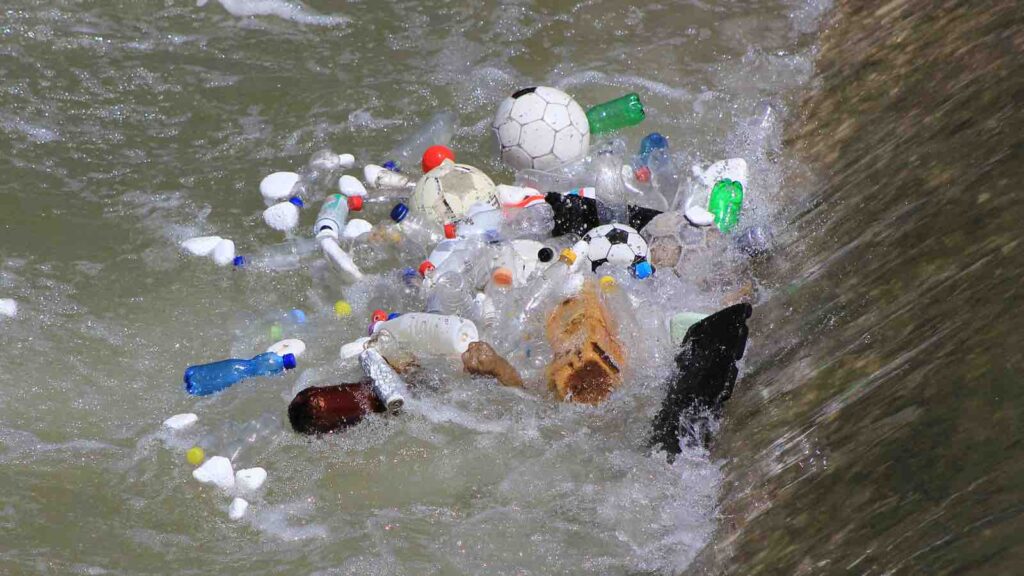The recent floods in Manipur reveal the devastating effects of improper disposal of plastic bottles, contributing to blocked river flows and inundated residential areas.
The recent floods in Manipur have laid bare a pressing environmental crisis, as improper disposal of plastic waste emerges as a significant factor in exacerbating the disaster. Officials point to single-use plastic bottles as a key culprit in blocking river flow, leading to widespread flooding in residential areas of the Imphal Valley.
RELEVANT SUSTAINABLE GOALS



This environmental catastrophe serves as a stark reminder of the far-reaching consequences of careless waste disposal. Despite government efforts to curb plastic use, including bans on single-use plastic bottles and thin plastic bags, the problem persists. Thaonaojam Alexander, a development officer at the department of environment and climate change, emphasizes the urgent need for public awareness and responsible waste management practices.
The Nambul River, flowing through Imphal city and considered one of the state’s most polluted waterways, has become a focal point of the crisis. During the floods caused by Cyclone Remal, large quantities of plastic waste were observed obstructing the river’s flow. Similarly, the Imphal River at Salanthong in Imphal East faced significant blockages due to plastic debris.
The government’s efforts to address the issue have been substantial but insufficient. Alexander reports that approximately 30 truckloads of plastic waste were removed from the Nambul River following the Cyclone Remal floods. However, the recurring nature of the problem underscores the need for a more comprehensive and sustainable approach to waste management.
Plastic Pollutions On Our River
This crisis in Manipur reflects a broader global challenge. Organizations like Samudra Manthan are working to combat ocean-bound plastic pollution, having diverted over 72,000 metric tons of plastic from India’s coasts. However, the Manipur floods highlight that the battle against plastic pollution must be fought not just on the coasts, but in every community and along every river.
The floods in Manipur have revealed a hard truth: nature stores what we carelessly discard, often with devastating consequences. It’s a lesson that demands urgent attention and action from policymakers, environmental organizations, and citizens alike. The path forward requires a collective effort to rethink our relationship with plastic and to implement sustainable waste management practices that protect our rivers, our communities, and ultimately, our planet.
Lead image courtesy of Vallter2 from Getty Images
You may also be interested in :
Exposed : Plastic Industry’s Decades-Long-Recycling Deception, Report Claims



